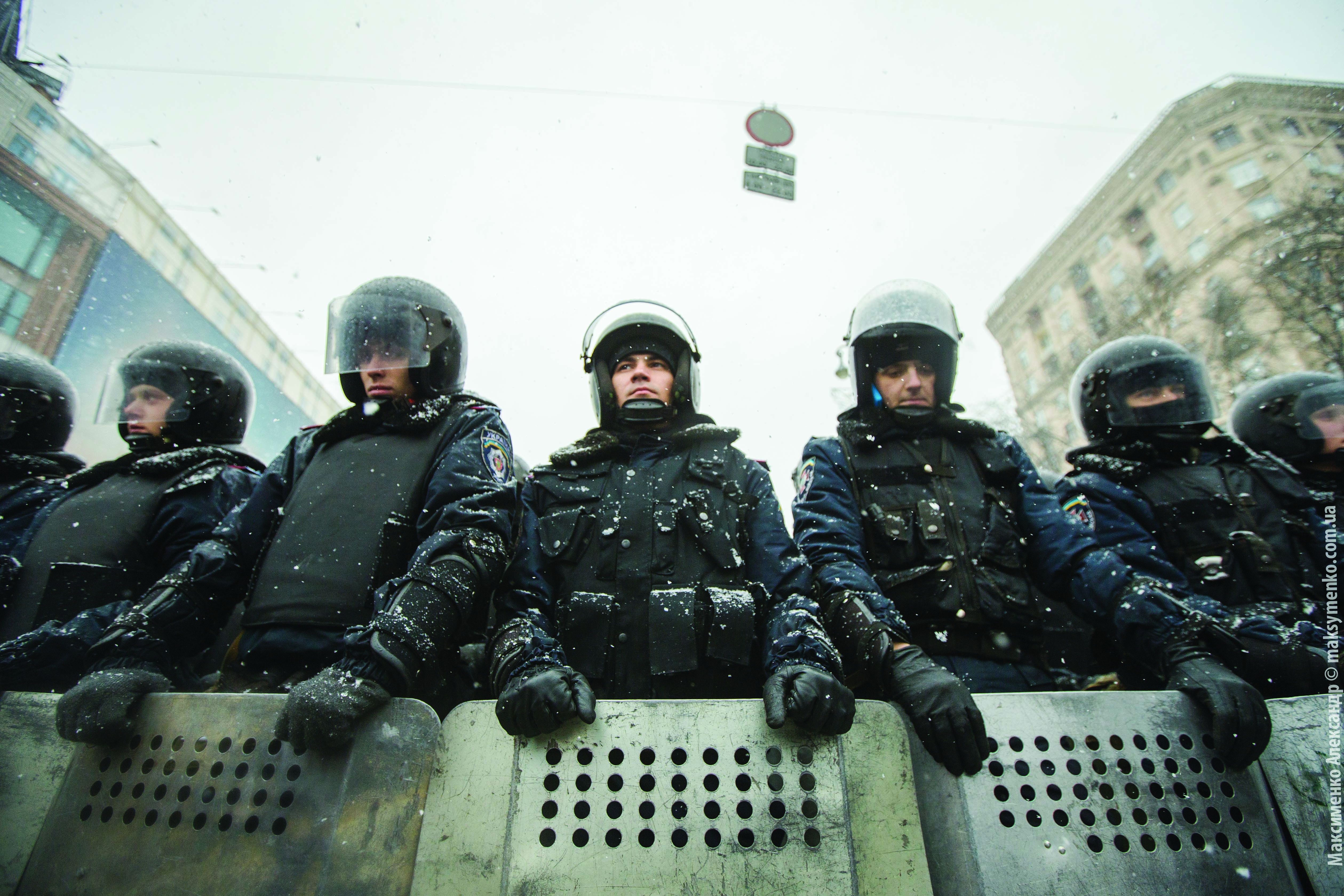The implications of a pro-EU Ukraine


Protests began in Ukraine’s capital city, Kiev, after its president, Victor Yanukovych, went against his word by improving ties with Russia at the expense of developing ties with the European Union. Although an agreement was eventually reached with the protesters, Yanukovych was ousted by an act of parliament after he fled the country.
The first action of the interim government — led by Oleksandr Turchynov — was to publicly revise Yanukovych’s decision and declare intentions to align with the EU. As expected, the pro-Russian factions of Ukraine were less than comfortable with these developments, and in response, they gathered in thousands to protest and oblige Vladimir Putin, President of Russia, to intervene. And he did just that.
On February 28, six days after Yanukovych’s ousting, unidentified military men occupied Crimean institutions, including several key buildings and the airport; Turchynov would eventually deem this an invasion by Russia. The first unambiguous indication of Putin’s intentions, however, came two days later, when the Russian Senate unanimously gave Putin the permission to take military action in Ukraine, should the need arise.
There are many viewpoints on what the implications of Ukraine’s possible alignment with the EU will be. Some genuinely believe that a determined Russia can be stopped from annexing Crimea, while others think the threat of secession is a real one. Nonetheless, and with full consideration of realpolitik, there is no doubt in my mind that Ukraine will suffer in the hands of an unforgiving Putin if it decides to align with the EU at the expense of strengthening ties with Russia.
First of all, Putin generously offered Ukraine a $15 billion aid package in exchange for its allegiance with the Russian Federation. Additionally, Ukraine receives several billions from Russia in the form of discounted energy prices and favourable debt payback plans.
Kiev’s alignment will most likely incite Putin to scrap all the unconventional benefits it offers Ukraine. On the other side of the river, not many EU member states —popularly Poland, Finland and Spain — are completely on board with creating a bailout plan for Ukraine. This does not come as a surprise, considering countries like Spain, Portugal and Greece are still in need of favourable bailout plans to speed up recovery from the 2008 financial meltdown
There is an added air of scepticism because Ukraine has a reputation for corruption and misappropriation of aid funds. Should Kiev go forward with aligning with the EU, its money problems will not be solved; instead, it would have to endure a frustrating and possibly endless period of economic stagnation, characterized by the Western-inspired adjustment process.
Secondly, and as we have observed in the news in the last couple of days, Putin and pro-Russian Ukrainians would not sit back while the interim government institutes pro-EU policies. Kiev’s alignment with the EU would do very little to curb the secessionist cries from Russian populated cities like Crimea.
There is little Kiev, the EU or NATO can do to stop the negative consequences of secession. Russia, for one, is very keen on annexing Crimea, possibly because it plans on maintaining its naval base, which gives it a strategic advantage on international fronts; or more sensationally, with the aim of protecting the Russian citizens in the region.
Whatever the reason might be, the threat of secession is a real one, and Ukraine (whatever is left of it) cannot afford it.
The EU, US and Russia all know this. Much of Ukraine’s viable economic activities come from the Eastern, pro-Russia parts of the country, and without them, Western Ukraine will slump deeper into an economic crisis, albeit it might have a stable and pure democracy.
Kiev cannot unconditionally align with the EU because of the pro-Russian factions of the country; it cannot unconditionally align with Russia because of the pro-EU factions of the country. It seems then that, like most disputes in international politics, a middle ground must be reached. Ukraine is undoubtedly in a dismal economic and political position; hence, it is need of foreign assistance.
Russia alone cannot absorb Ukraine’s calculated $35 billion in aid, and assuming Putin is a pragmatic man, he would recognize that help from the West would go a long way in springing Ukraine up from the gutter.
A likely solution, although highly theoretical, would be for Kiev to accept Western assistance along with the adjustment requirements that comes with it, while assuring pro-Russia Ukrainians and Russia itself that it would not become a Western puppet.
A good way to do this would be to reinstall Yanukovych as president of Ukraine.

